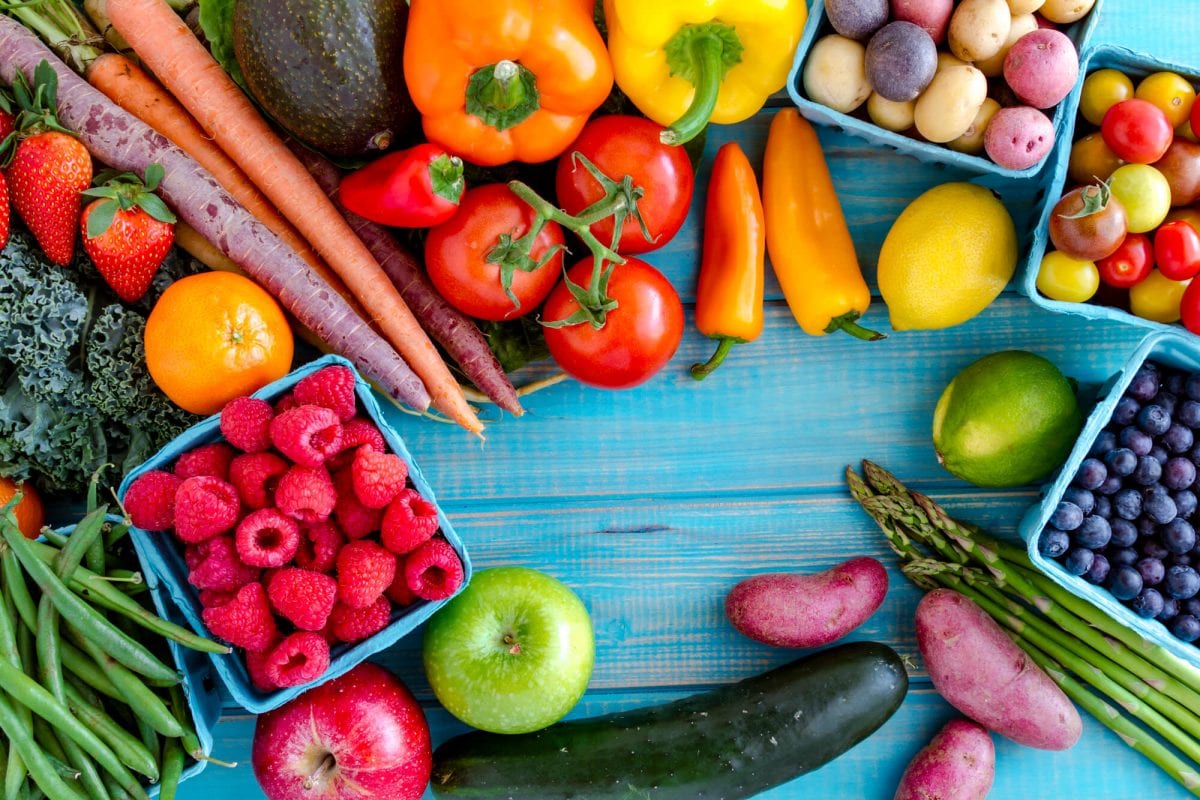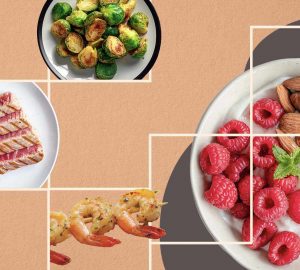Plant-based diets are at an all-time high, and people are increasingly switching to a vegetarian or vegan diet. Family doctors are catching up with research about the advantages of these diets, partly as a way to reduce the high cost of health care in our nation, as well as countering the soaring rates of obesity, heart disease, and diabetes. There are many health benefits that come with eliminating meat and other animal products, either partially or completely. A diet based on vegetables, fruits, whole grains, legumes, nuts, seeds, herbs and spices is also cheaper than a typical omnivorous diet and grocery bill. Plant-based diets emphasize cooking with whole, fresh (or frozen) ingredients that contain fewer preservatives, salt, sugar, saturated, and trans fats, so there are nutrient benefits from what is eaten, and mitigated harm from what is not eaten. It is important to educate yourself on how to properly adopt a plant-based diet to enjoy the full advantages and to avoid any deficiencies, just like with an omnivorous diet.
Before making any major changes to one’s diet, it is important to consult your doctor or home care services for your family and ask questions related to your situation. There could be issues with allergies and sensitivities to certain foods never experienced before. Your Doctor or Caregiver can assist with how to consume the right vitamins and minerals from a variety of plant sources. It is a common assumption that a vegetarian diet involves eating the same meals as usual, only with the meat removed. This is not a good way to get all the nutrients one requires, nor is it very satisfying. Recipes designed for plant-based diets are full of flavour, healthy fats, vitamins, minerals, and anti-oxidants. There is an abundance of recipe blogs and books available to make fresh, delicious, healthy meals from scratch. Digital resources often include tools like meal planners and recipes based on the things already in your cupboard.
Why is a plant-based or vegetarian diet good for you? It emphasizes eating a variety of vegetables and fruits for a full spectrum of vitamins, minerals, and antioxidants. Fibre from authentic whole grains is excellent for the heart and digestion. Protein is found in all plant sources, with legumes (beans, lentils, peas, soy), nuts, and seeds having the highest amounts, plus protein from whole grains, vegetables, and fruits. It is a misunderstanding that protein can only be obtained from animal sources, after all, plants are what livestock eat! High amounts of saturated fats are found in animal products and these are bad for heart health. Heavy quantities of trans fats, salt, preservatives, and sugar are also found in premade meals to make them last – whether they contain meat or not. Plant-based diets therefore emphasize making food from scratch. Plus, pre-made vegetarian and vegan meals can be expensive; whereas fresh ingredients are much cheaper. Adopting this style of diet is a great opportunity to improve one’s cooking skills. Adults, especially seniors, can enjoy taking a vegetarian or vegan cooking class and meeting other motivated peers.
Note that a plant-based diet, like any diet, can be dangerous if not properly executed. This commonly occurs with diets that are based on the idea of ‘a lack of meat’ instead of ‘an abundance and variety of plants’. Junk food can be vegetarian or vegan – like chips, salty nuts, desserts, or alcohol, as examples. So, it is important to plan meals that emphasize variety, healthy ingredients, flavour from healthy fats, spices, and herbs, and to avoid junk foods.
Switching to a plant-based diet can be a positive and rewarding lifestyle change. Here are some tips to help you make a successful transition:
- Educate Yourself:
- Learn about the benefits of a plant-based diet for your health, the environment, and animal welfare. Understanding the reasons behind your choice can help you stay committed.
- Take It Slow:
- Gradually transition by incorporating more plant-based meals into your diet. Start with a few meatless days per week and then expand from there. This gradual approach can make the adjustment easier.
- Explore New Foods:
- Experiment with a variety of fruits, vegetables, whole grains, legumes, nuts, and seeds to discover new flavors and textures. This will make your meals more enjoyable and diverse.
- Meal Planning:
- Plan your meals in advance to ensure you have a balanced and satisfying diet. Look for plant-based recipes and try to include a mix of protein sources, grains, and vegetables in each meal.
- Protein Sources:
- Include plant-based protein sources such as beans, lentils, tofu, tempeh, quinoa, and edamame. These foods can provide the protein your body needs.
- Healthy Fats:
- Incorporate sources of healthy fats, such as avocados, nuts, and seeds, to ensure you get essential fatty acids in your diet.
- B12 and Vitamin D Supplements:
- Consider taking vitamin B12 and, if necessary, vitamin D supplements. These nutrients are primarily found in animal products, and deficiencies can occur in plant-based diets.
- Read Labels:
- Be aware of hidden animal products in processed foods. Familiarize yourself with ingredient labels to make informed choices.
- Connect with Others:
- Join online communities, attend local meet-ups, or connect with friends who follow a plant-based lifestyle. This can provide support, share recipes, and offer advice.
- Stock Your Kitchen:
- Keep your kitchen stocked with plant-based staples like beans, lentils, whole grains, fruits, vegetables, and plant-based milk alternatives. Having these items readily available makes it easier to create meals.
- Learn to Cook:
- Basic cooking skills can be empowering and make it easier to prepare plant-based meals. Experiment with simple recipes and gradually build your culinary repertoire.
- Stay Positive and Flexible:
- Embrace the journey with a positive mindset. If you make a mistake or find it challenging at first, don’t be too hard on yourself. Flexibility is key to long-term success.
Remember, the key to a successful transition is finding a balance that works for you. Listen to your body, stay informed, and enjoy the process of discovering new and delicious plant-based foods.
A plant-based diet can also include the occasional healthier meats for those who don’t wish to be fully vegetarian or who aren’t concerned with the environmental impact and animal cruelty aspects of animal agriculture. Healthier choices include seafood and chicken. These should be enjoyed occasionally as complements to a plant-based plan.








